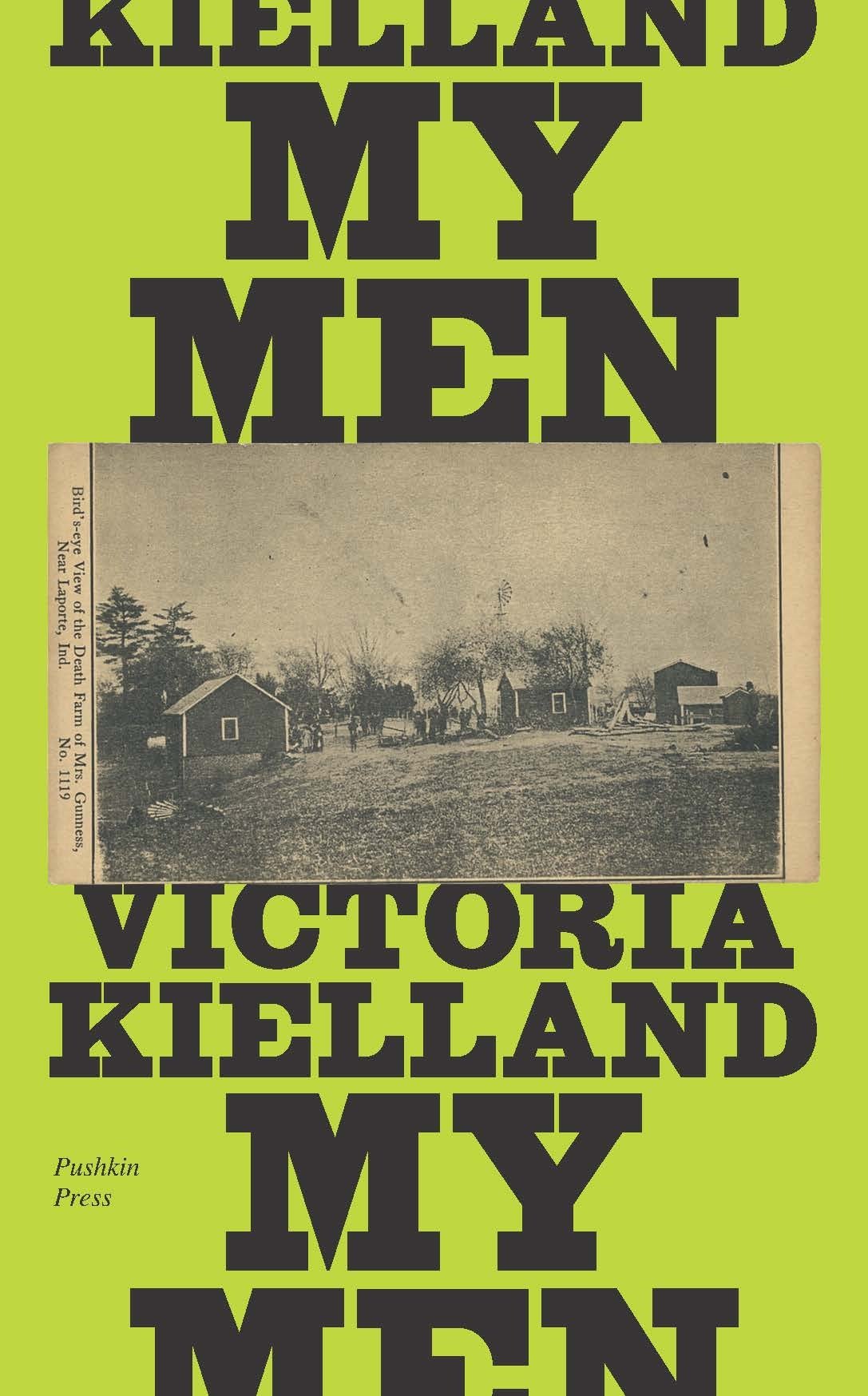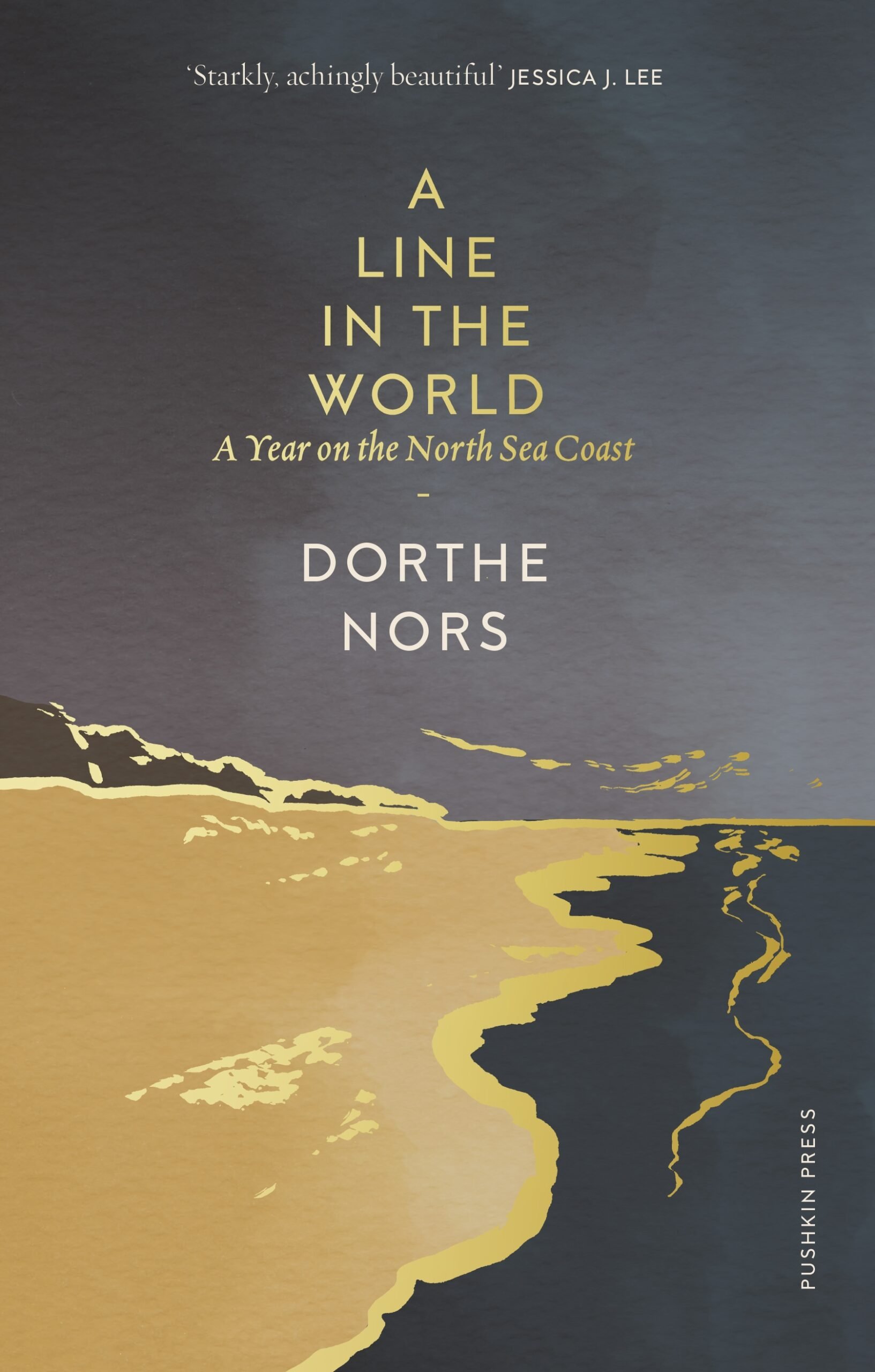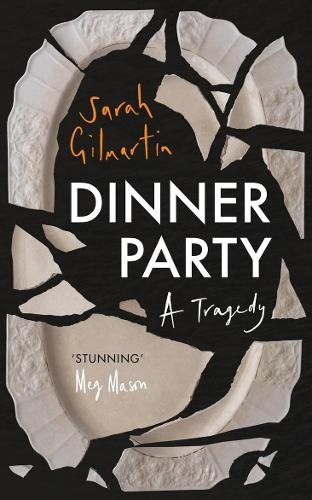I really enjoyed this thoughtful story which follows an Icelandic narrator who works as a midwife, sorting through her grandaunt's manuscripts, renovating the cluttered apartment she's inherited – all in the lead up to Christmas. It's a great thing to read at this time of year and it's got me into the festive mood – not because it directly portrays much celebration-wise (she's originally supposed to work in the maternity ward over Christmas but instead fills in a Northern Lights tour-guide shift for her friend.) But I think this is a very reflective time of the year and it especially gets me thinking about family who I don't see much outside of the holiday season. So I found it very poignant as she relates stories about her lovably eccentric grandaunt's life and considers the scattered musings she left behind. There are some older women in my family who died long ago but who were very dear to me so this book stirred memories of them.
The novel is written in a very conversational mode as it follows the narrator's observations and memories. It all seemed a bit random in the beginning but I felt it came together to say something much bigger about the cycle of life and our place within the lineage of human history. The first half is more concerned with relating the emotional impact of both her family's professions: the toll upon midwives when there are complications and how her mother who works in the funeral business sometimes locked herself away after a difficult event. It must be taxing working in either job as it puts you in such close proximity to significant life events. There's also a lot of interesting information about the mechanics of these jobs – especially midwifery – and how it's changed over time. I liked how she observes that women giving birth find it soothing to listen to David Attenborough programmes (I frequently listen to his shows when I wake up in the night and want to be lulled back to sleep.) It's a melancholy thing to consider but I've never thought before about how there must be certain rules surrounding births when there are complications and tragedies. For instance, it was sobering reading the detail about the difference between a miscarriage and still birth (length of gestation and weight.) Although people can try to prepare there are no certainties when it comes to either birth or death. So it was moving following how different people dealt with this reality when it actually occurs.
The second half of the novel is more concerned with the physical items her grandaunt left behind when she died four years ago, but also her memories and the grandaunt's systems of thought which have impacted the narrator's life. Other than the clutter of furniture, there are three manuscripts which the narrator has spent a lot of time reading and attempting to put in chronological order while trying to make sense of them. I found it quite funny when she thinks “One possibility was to send all of them in and allow the editor to pick out the best nuggets.” What poor editor would want that enormous job?!? But I understood the emotional impact of her mission reading them as it's a connection to the things which preoccupied this beloved lost family member. It was also so interesting how she tried to piece together the real meaning of these manuscripts by also considering the letters between her grandaunt and her Welsh penpal. Perhaps a cohesive message can't be taken from all these musings about human behaviour, light and coincidence. However, it does create a sense of what it's like to be a small part of the story of humankind. Any individual will only be remembered by a handful of people and one day probably won't be remembered at all. Nevertheless, each person is a part of life's continuity. So the grandaunt lives on in the narrator through the knowledge, professional expertise and objects she's left behind. Not to mention all those births she helped usher into the world accompanied by her verbal messages she gives to the babies and knitted garments. Maybe these things are soon forgotten or lost, but they added to the beginning of each new person's existence.
We're not given too many personal details about the narrator herself other than her dedication to her job. However, there are mentions of big life events such as the narrator losing a child at birth. Surely there's a bigger story here but we understand that there is a deep pain within her because this occurred. We also get small details such as the oddness of her seeing a former boyfriend arrive at the hospital with his wife in labour. The novel touches upon the lives of a number of characters who are experiencing emotional difficulties such as the depression of the electrician's wife and Margret (a woman in labour she meets while finishing her shift) losing her baby. I felt these tragedies were all the more potent and felt more true to life as they are mentioned only fleetingly.
There's a steady accumulation of detail about the atmosphere of living in Iceland. Most prominently there's the fact that the sun only appears for a few hours a day at this time of year. I enjoyed how there are frequent passages about the brief appearance of the Winter sun and her observations about the sky in the lead up to a big storm. There's also a mention of traditional foodstuff when she recalls going on a visit with her grandaunt: “blood pudding with sugar and mashed potatoes”. Sounds stomach-turning to me! But this all adds to the sense of life in Iceland and made me feel a little bit like the tourist renting the apartment above her and who she develops a bit of a connection with. I've only visited Iceland once when I toured around the country for a week. It's such a beautiful and strange landscape with all its volcanic rock and waterfalls. Sadly, I didn't get to see the Northern lights.
So overall I really enjoyed this novel – it's like a small slice of life story which meditates on the cycle of living and dying.

























